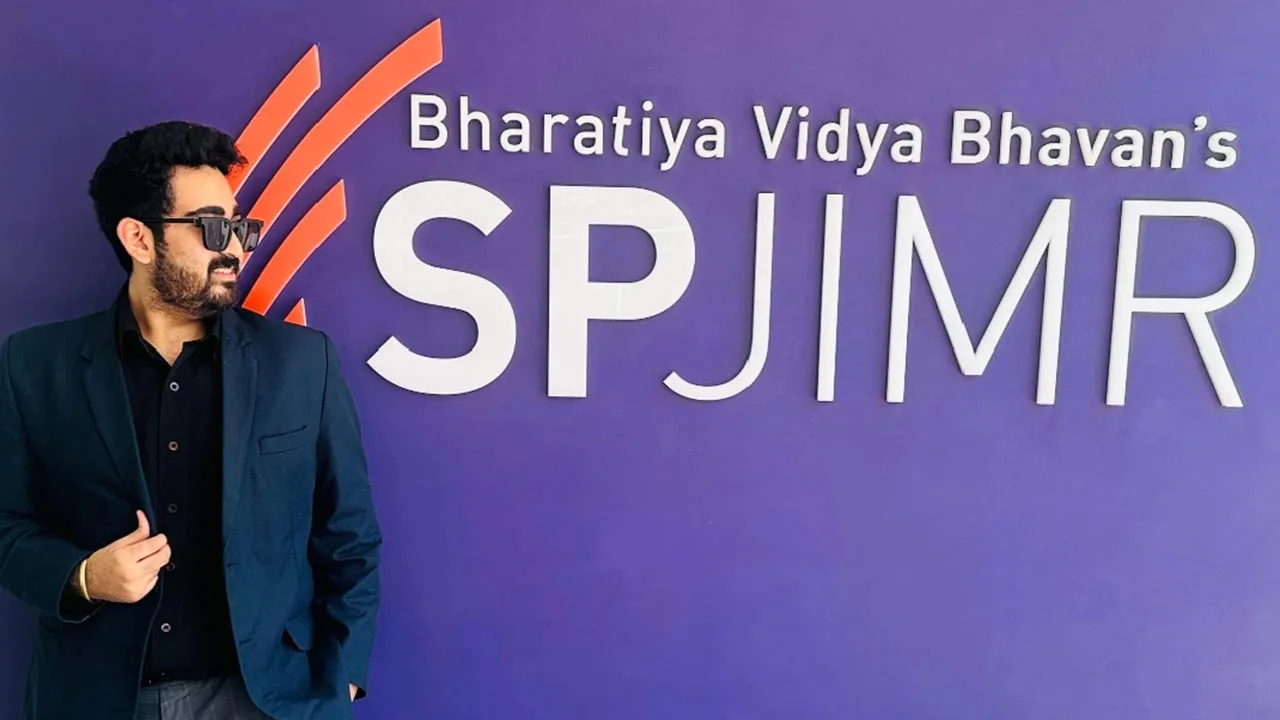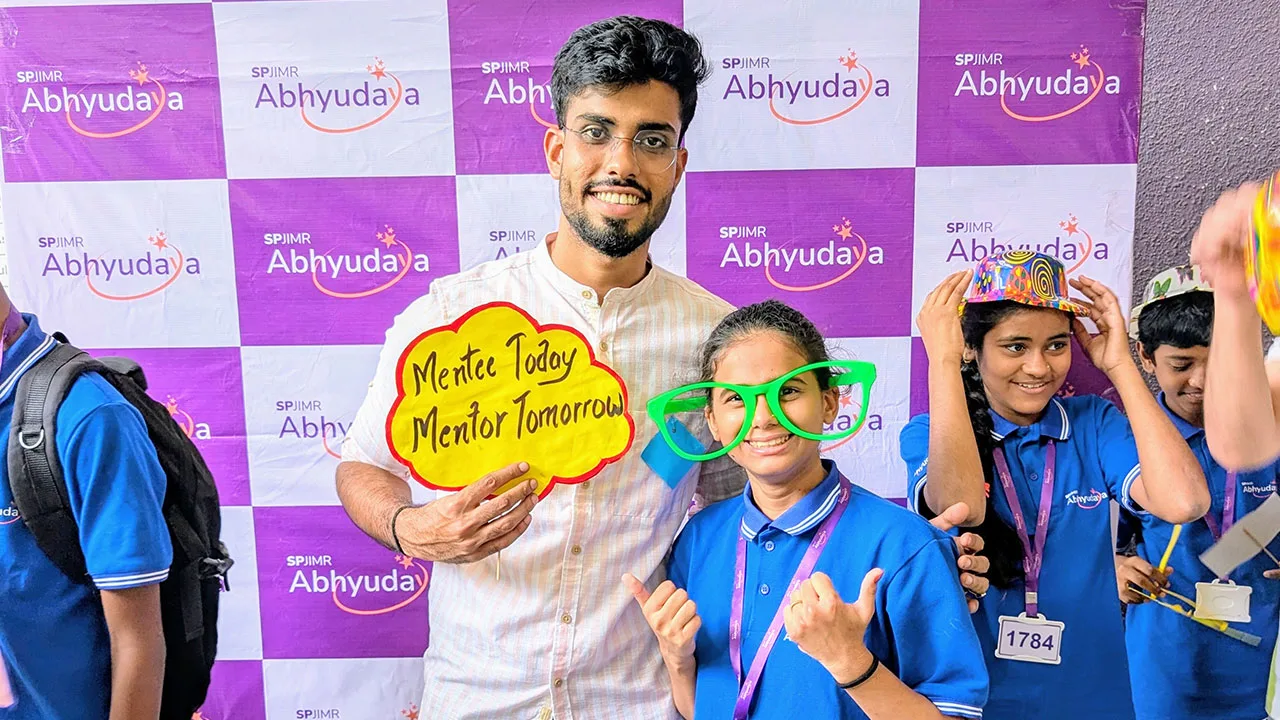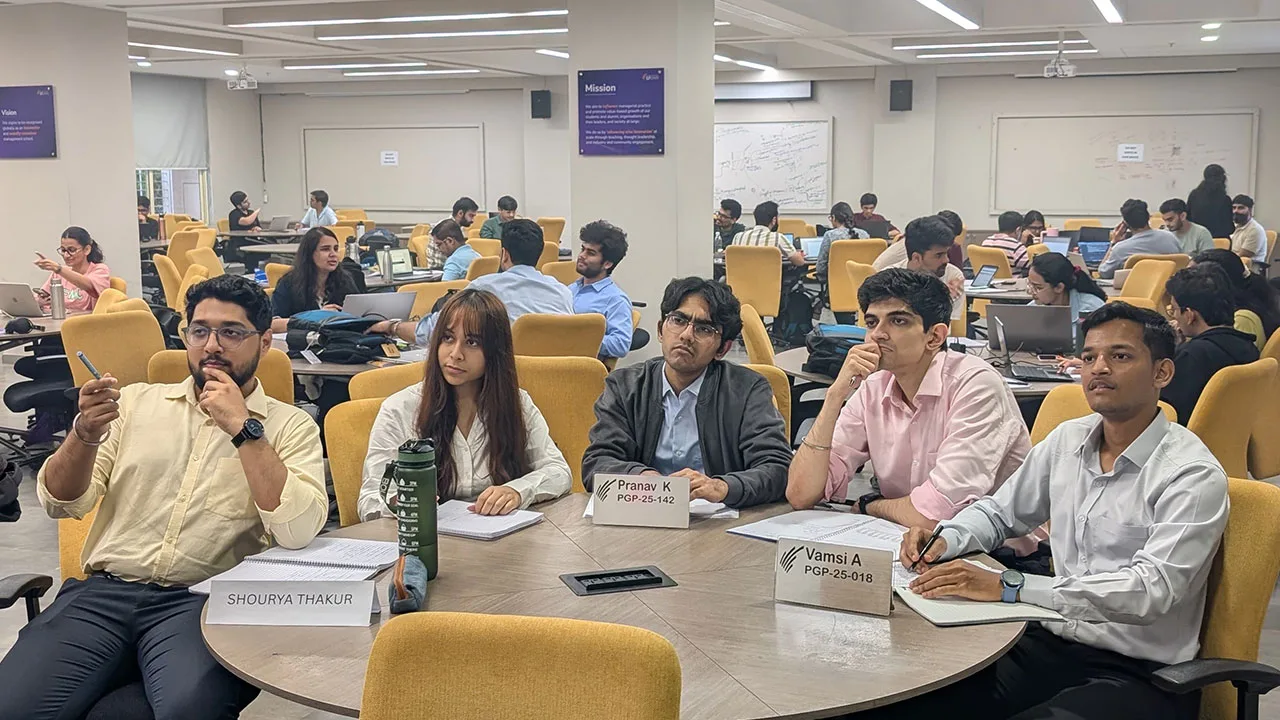Find the programme that meets your requirements and aspirations.
Apply nowStudent blogs
- SPJIMR
- Blog
- #EthicsAndSocialImpactInPM: Why responsible product management is more important than ever
#EthicsAndSocialImpactInPM: Why responsible product management is more important than ever

We live in a world where digital products don’t just serve needs—they shape behaviours, influence opinions, and even impact mental well-being.
- Instagram keeps users hooked, sometimes at the cost of their self-esteem.
- Twitter (X) has the power to sway public opinion, influencing elections and global narratives.
- YouTube’s recommendation algorithms can push people down rabbit holes of misinformation.
As technology gets deeper into our daily lives, the responsibility of product managers (PMs) has grown exponentially. It’s no longer just about creating ‘great’ products—it’s about creating great products responsibly.
What is responsible product management?
At its core, responsible product management ensures that while a product meets business goals, it does so ethically, inclusively, and sustainably. A responsible PM doesn’t just ask:
- Is it desirable? (Will users want this?)
- Is it feasible? (Can we build this?)
- Is it viable? (Is it profitable?)
They go a step further to ask: ✔ Is it responsible? (Are we considering long-term social and environmental impact?)
In our Digital Product Management classes at SPJIMR, SP Jain Institute of Management and Research, we’ve debated this at length—how do we integrate responsibility into the famous DFV framework (Desirability, Feasibility, Viability)? The answer? It’s not a trade-off; it’s an enhancement.
Fairphone: The gold standard of responsible PM
I recently discovered Fairphone at the TaSIC (Technology and Societal Impact) Conference held at SPJIMR, and it’s been on my mind ever since.
For those who haven’t heard of it, Fairphone is a smartphone brand that prioritises ethical sourcing, repairability, and sustainability. Unlike most smartphone brands that push users to upgrade every few years, Fairphone does the opposite—it’s designed to last.
- Ethical sourcing: No conflict minerals, fair wages for factory workers.
- Repairability: Modular design, allowing users to replace parts instead of replacing the whole phone.
- Sustainability: Uses recycled materials and a transparent supply chain.
Despite these responsible choices, Fairphone is still desirable, feasible, and viable.
- Desirable: Consumers love it because it aligns with their values.
- Feasible: Fairphone has successfully developed phones that allow users to replace components like batteries, screens, and cameras.
- Viable: The company is profitable, showing that sustainability and business success can coexist.
This is exactly what a responsible PM is all about—not choosing between impact and business but ensuring both thrive together.
Patagonia: Another responsible giant
Another company that inspires me is Patagonia, which has redefined what it means to be a responsible business.
- They encourage customers to buy less and repair more, running their famous Worn Wear programme.
- They donate 1% of their revenue to environmental causes.
- They remain profitable while staying ethical, proving that sustainability isn’t a cost—it’s a long-term investment.
Just like Fairphone, Patagonia still achieves desire, feasibility, and viability.
- Desirable: Customers remain loyal because the brand aligns with their values.
- Feasible: Patagonia has successfully transitioned to using recycled materials, organic cotton, and ethical labour practices.
- Viable: The company is incredibly successful without cutting ethical corners.
How do we apply this to our products?
Not every company can be Fairphone or Patagonia, but every PM can apply responsible principles:
- Build for longevity, not just engagement—avoid dark patterns.
- Think sustainability from day one—materials, lifecycle, energy consumption.
- Design for inclusivity—accessible products create long-term loyal users.
- Prioritise privacy and transparency—let users own their data.
It’s not always possible to perfectly achieve the goal of responsible product management. There will inevitably be trade-offs and adjustments along the way. However, what truly matters is the commitment to consistently making the effort to align innovation with ethical responsibility and sustainable growth.
As a PM, you don’t just build products—you shape behaviours. What you choose to prioritise defines the impact your product will have on the world. So the next time you’re making a product decision, ask yourself, ‘Is this responsible?’ Because the best products aren’t just useful or profitable—they’re also ethical, inclusive, and sustainable.
About Post Graduate Diploma in Management (PGDM)
SPJIMR’s Post Graduate Diploma in Management (PGDM) is a two-year, full-time residential programme equivalent to an MBA. PGDM is approved by AICTE, accredited by NBA and AMBA, UK and consistently rates among India’s top 10 management programmes. The programme offers a holistic approach to leadership development with its innovative blend of classroom learning and thoughtfully curated immersive experiences.




